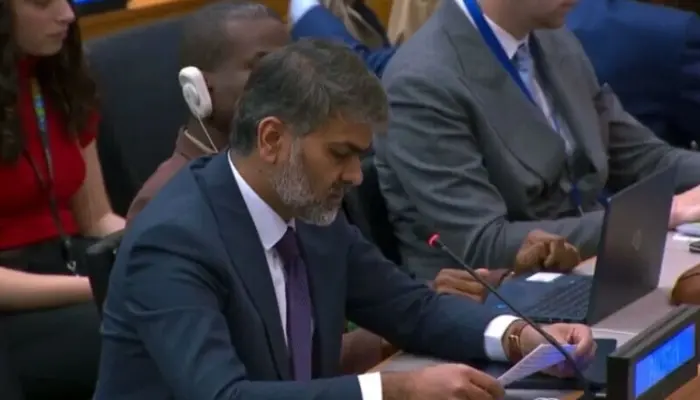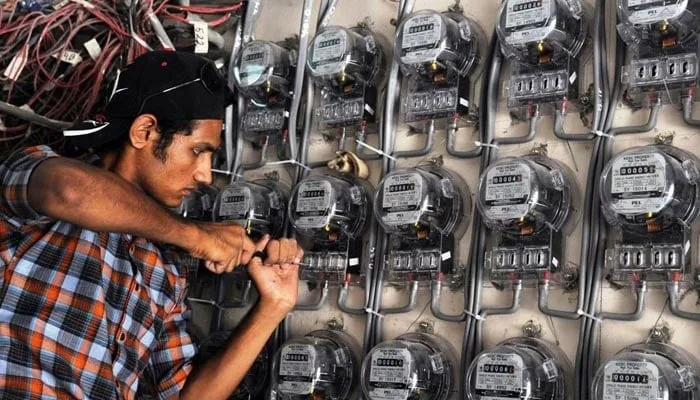
ISLAMABAD: The International Monetary Fund (IMF) has raised concerns over the deeply entrenched nexus between Pakistan’s government, the central bank, and the banking sector, warning that it poses significant risks to the country’s economy and financial system. According to the IMF, this relationship can lead to conflicting policies, regulatory challenges, and a harmful trade-off between inflation and debt management.
In a special chapter of its latest report on Pakistan’s recently approved $7 billion Extended Fund Facility (EFF), the IMF pointed out that Pakistan’s banking sector holds the highest proportion of government securities relative to total assets in the world. This development has created a dangerous dynamic, as banks have increasingly used short-term liquidity from the State Bank of Pakistan (SBP) to fund their government securities portfolios amid limited deposit growth.
“This complex tripartite relationship means that developments or actions in one domain—fiscal, monetary, or banking—can have wide-ranging effects across the economy,” the IMF warned.
Impact of High Fiscal Deficits and External Shocks
The IMF highlighted that Pakistan’s persistent high fiscal deficits, combined with recent external shocks, have exacerbated the country’s sovereign-bank nexus. With limited access to external funding, the government has relied heavily on the banking sector to finance its growing debt. Consequently, domestic banks now hold around 60% of their assets in government debt—three times the average for other emerging markets.
This increasing reliance on banks to finance government debt has crowded out private sector lending. As banks have prioritized government credit over private lending, businesses and consumers have been left with reduced access to financing. “Government credit has become more attractive than private lending,” the IMF noted, explaining that this dynamic has stifled private investment and consumption decisions, further weakening the economy.
Read: Punjab University Orders Removal of ACs from Hostels
Banks’ Reliance on SBP Liquidity
The IMF report also highlighted the role of the State Bank of Pakistan (SBP) in this tripartite relationship. The SBP, in an effort to manage liquidity in the financial system, has provided substantial funds to banks through open market operations (OMOs). However, this has also reduced the banks’ motivation to attract depositors, as they can easily access liquidity from the central bank.
The IMF criticized the SBP’s dual responsibility of managing monetary policy while also serving as a regulator for the banking sector. This dual role creates potential conflicts for the central bank, especially when it comes to managing liquidity and setting interest rates in line with inflation targets. “The Sovereign-Bank nexus may cause the SBP to face potential trade-offs in fulfilling its main functions,” the IMF warned, adding that there is now a systematic liquidity shortage in Pakistan’s banking system.
Risks to Public Debt Sustainability
The IMF report painted a bleak picture of the future if this nexus remains unaddressed. The sovereign’s increasing exposure to refinancing and interest rate risks, combined with the banking sector’s reliance on short-term central bank liquidity, could trigger a vicious cycle. Under stress, banks may reduce their demand for government securities, leading to higher interest rates and turmoil in the domestic debt market.
The IMF cautioned that such a scenario could severely weaken public debt sustainability, as rising interest rates would make it more expensive for the government to finance its debt. In extreme cases, this could lead to a financial crisis that would ripple through the banking sector, the central bank, and the broader economy.
Follow us on Google News, Instagram, YouTube, Facebook,Whats App, and TikTok for latest updates









